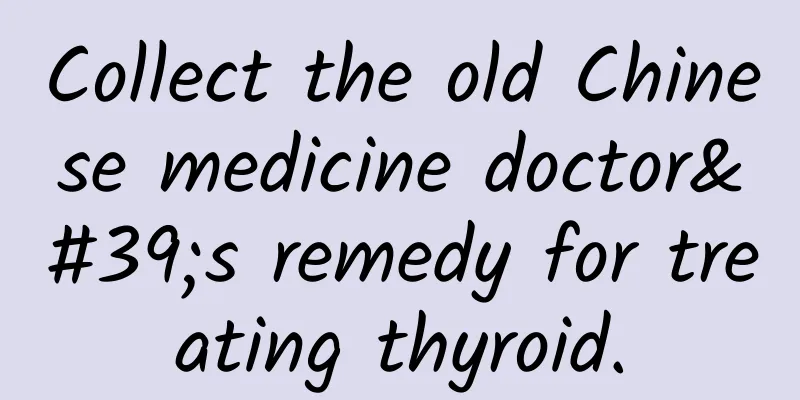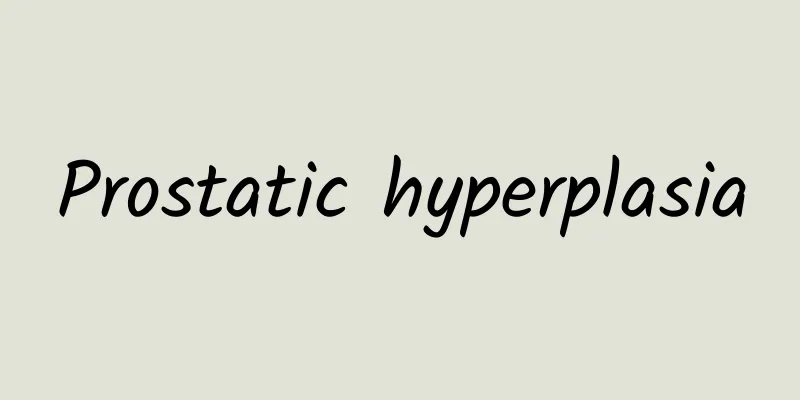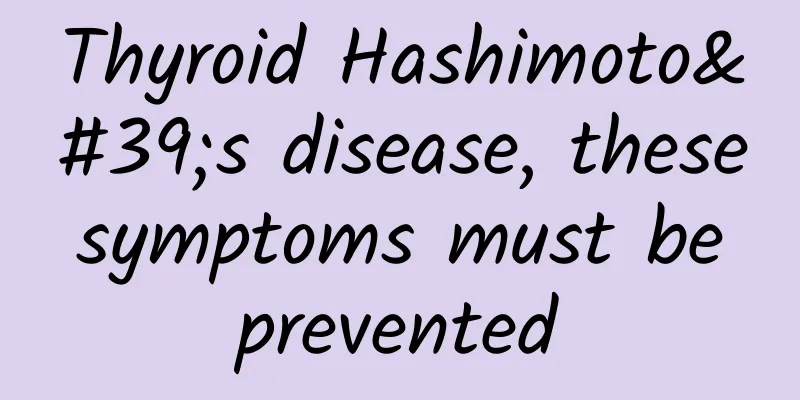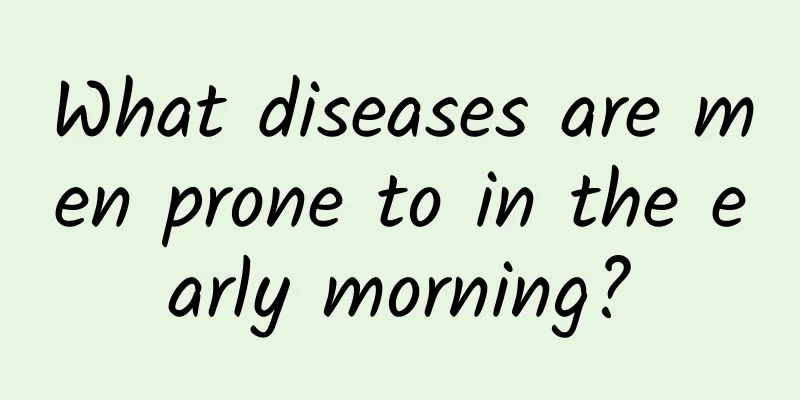Collect the old Chinese medicine doctor's remedy for treating thyroid.

|
Thyroid diseases are generally treated with Western medicine, but Chinese medicine treatments are rarely heard of. Chinese medicine generally emphasizes conditioning, so how does Chinese medicine treat thyroid? A famous traditional Chinese medicine doctor’s prescription for treating acute thyroiditis (excessive heat evil): Prescription: 12g each of Scrophularia, Ophiopogon, Platycodon, Fritillaria thunbergii, and Silkworm, 10g each of Licorice and Citrus aurantium, 15g each of Honeysuckle, Houttuynia cordata, and Melon shell, 30g of Prunella Vulgaris, and 6g of Sophora flavescens. Usage: decoction in water and take in 3 doses, 1 dose per day. Efficacy: Clears away heat and resolves phlegm, eliminates swelling and disperses stagnation. Used to treat acute thyroiditis, which is classified as the type of heat evil in traditional Chinese medicine. Clinical symptoms include rapid onset, thyroid swelling and pain, a sense of oppression in the neck, fever, sweating, thirst, little body fluid, red tongue, yellow tongue coating, and a floating pulse. Comment: Acute thyroiditis is an acute purulent infection of the thyroid gland. It is caused by bacterial or fungal infection. Bacteria or fungi spread through the blood circulation, lymphatic vessels or adjacent purulent lesions to invade the thyroid gland and cause acute purulent inflammation, among which spread from adjacent purulent lesions is the most common. Secondary infection of thyroid cyst is another possible cause. Acute thyroiditis has a rapid onset, with high fever, sweating and general discomfort. Local lumps appear in the thyroid area, which are very painful, and local skin redness and fever. Famous Chinese medicine doctor’s prescription for treating hyperthyroidism (Yin deficiency and excessive fire): Prescription: 15 grams each of raw rehmannia, Scrophularia, and Ophiopogon japonicus, 30 grams each of Chinese yam, pumice, oyster, selfheal, and mother of pearl, 12 grams each of trichosanthes, jujube seed, raw astragalus, seaweed, and kelp, and 3 grams of licorice. Usage: decoction in water and take in 3 doses, 1 dose per day. Function and indications: nourishing yin and clearing away heat, resolving phlegm and softening hard masses. Used to treat hyperthyroidism, which is classified as yin deficiency and fire excess according to TCM diagnosis. Symptoms include a soft and smooth lump in front of the neck, thin body, irritability, sweating, trembling fingers, bulging eyes, hot face, bitter taste in the mouth, thin and red tongue, little coating, and a stringy and rapid pulse. Comment: Hyperthyroidism is the abbreviation for overactive thyroid gland. The main clinical manifestations are hypermetabolic syndromes such as increased appetite, weight loss, heat intolerance, sweating, palpitations, agitation, increased nervous and vascular excitement, and varying degrees of thyroid enlargement, exophthalmos, hand tremors, and vascular murmurs in the legs. Severe cases may lead to hyperthyroid crisis, coma, and even life-threatening conditions. |
<<: Is thyroid chemotherapy effective? How can it be prevented?
>>: How is thyroid puncture performed?
Recommend
What causes redness, swelling and itching of the glans penis?
Many men have problems that they cannot talk abou...
Does it hurt after removing the stitches after circumcision surgery?
Phimosis is a common male disease, and it is also...
Redness of the urethra
In life, many men have been troubled by urinary t...
How to check male secretions
Male secretions are usually semen. There are also...
What should you pay attention to after circumcision surgery?
Foreskin plays a very important role for male fri...
Men become fat and their sexual function declines
As modern living standards gradually improve, mor...
There is always white residue on the glans
Every man in life attaches great importance to hi...
What Chinese medicine should men take to nourish their kidneys?
Nowadays, people are always taking care of their ...
What are the signs of cancer in men?
In life, people's work pressure is getting bi...
What should men eat to maintain beauty?
When it comes to beauty and skin care, many peopl...
Eye twitching: these two symptoms need to be known
Clinically, eye twitching is a common eye disease...
9 kinds of fruits can treat men's private parts diseases
The private parts of a person need to be well car...
Itchy and peeling skin on the inner thigh of a boy
If men feel itchy and peeling on the inner thighs...
Yellow purulent discharge from the glans penis and painful urination
Inflammation of the male andrological system is c...
Which type of liquor is the best? Tips for choosing liquor
Liquor is a very special drink. Compared with bee...









